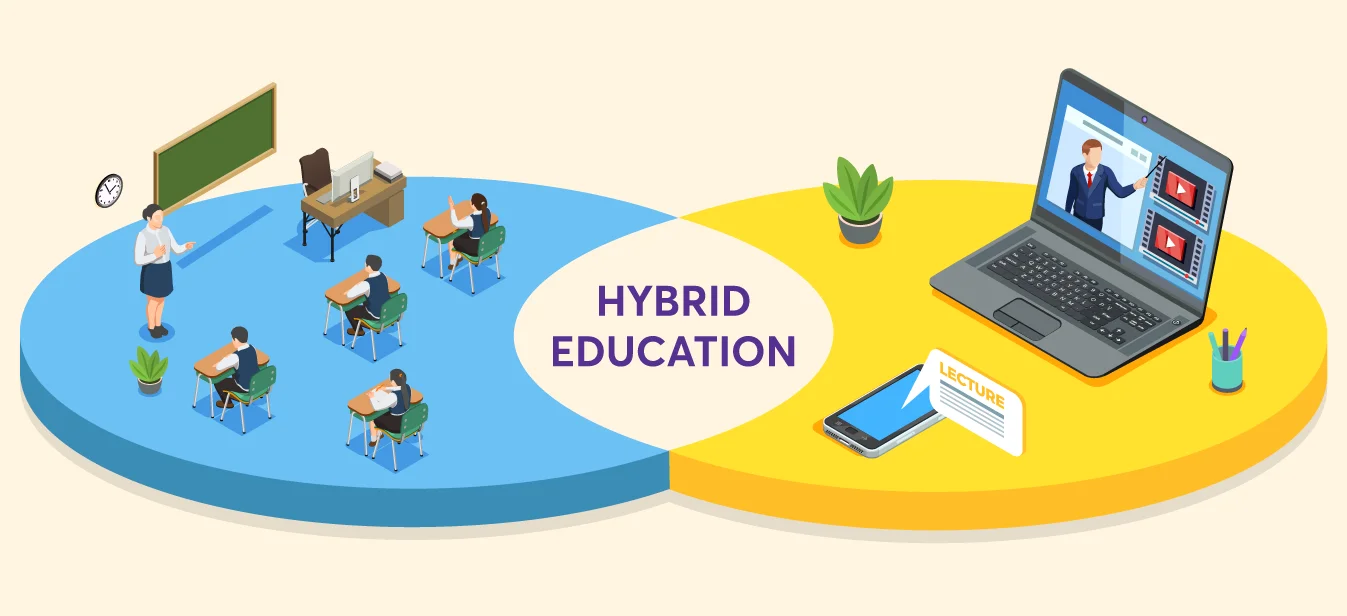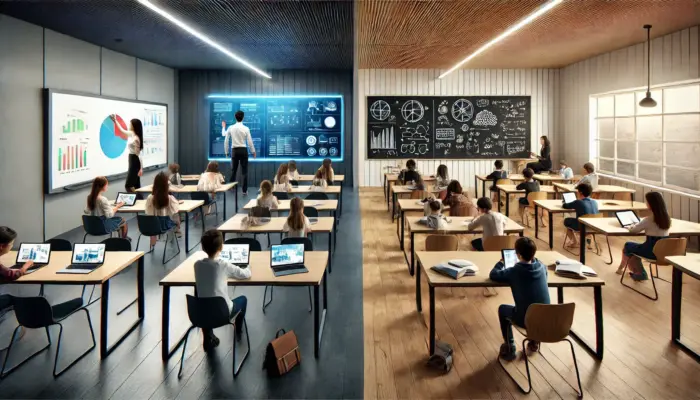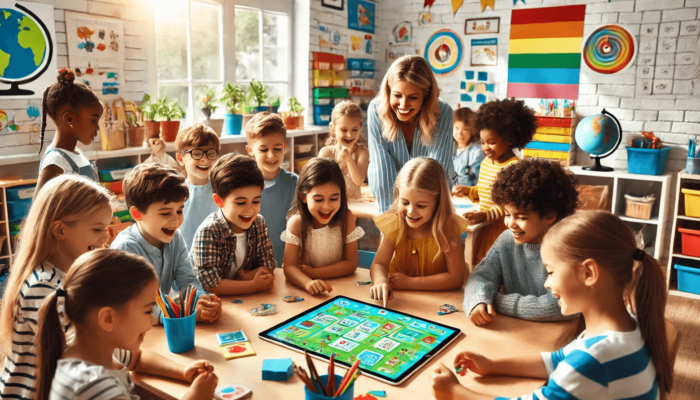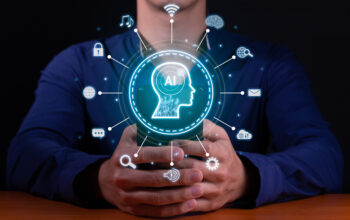Technology has significantly changed education in recent years. In 2024, EdTech (educational technology) is expected to play an even bigger role in how we learn and teach. From AI tools to virtual classrooms, digital technology is creating new opportunities for personalized, interactive, and accessible learning. Here are the top EdTech trends that will shape education in 2024.
1. Artificial Intelligence (AI) in Education
AI is improving rapidly and will continue to make education more personalized. By 2024, AI will help create smarter learning tools that adapt to each student’s needs. It will also assist teachers by handling administrative tasks, giving them more time to focus on teaching.
2. Virtual Reality (VR) and Augmented Reality (AR) in the Classroom

VR and AR will become more common in classrooms in 2024. VR lets students experience things like historical events or outer space through a headset. AR, on the other hand, blends digital information with the real world. These technologies will make learning more engaging and interactive.
3. Hybrid and Blended Learning

Since the COVID-19 pandemic, hybrid learning—a mix of in-person and online education—has grown in importance. In 2024, this model will continue to evolve, giving students the flexibility to learn in the way that suits them best, while still maintaining classroom interaction.
4. Microlearning and Quick Content

Microlearning delivers short, easy-to-understand lessons. It’s becoming more popular in 2024 because it fits into busy schedules. With microlearning, students can access learning material in small bites, like videos or quizzes, making it easier to learn anywhere and anytime.
5. Gamification in Education

Gamification adds game-like elements to learning, such as points and rewards. By 2024, more educational platforms will use this method to make learning fun and motivating. Gamification encourages students to actively participate and enhances their problem-solving skills.
6. Focus on Mental Health and Well-Being

Mental health support is becoming a bigger focus in education. In 2024, more platforms will offer services like counseling and stress management, helping students deal with emotional challenges. Technology can provide personalized help to improve students’ mental well-being.
7. Blockchain in Education

Blockchain technology, known for cryptocurrencies, will begin to play a larger role in education. It can securely store student records and verify academic credentials. In 2024, it will make managing educational data more efficient and transparent.
8. Data-Based Learning and Analytics

By 2024, schools will increasingly use learning analytics to track students’ progress and identify learning gaps. This will help teachers provide more personalized support, ensuring students get the help they need to succeed.
9. Online Learning Platforms and MOOCs

MOOCs (Massive Open Online Courses), such as Coursera and edX, will continue to grow. These platforms offer courses from universities around the world, making learning more accessible. In 2024, demand for online courses will increase as more people seek flexible and affordable education options.
10. Emphasis on STEM Education

In 2024, STEM (science, technology, engineering, and mathematics) education will remain a key focus. More schools will use interactive tools like coding platforms and robotics kits to help students develop skills needed for the future job market.
In 2024, EdTech will continue to evolve, offering more personalized, flexible, and engaging learning experiences. From AI to VR, blockchain, and gamification, technology will play an important role in shaping the future of education. These trends will help prepare the next generation with the digital skills they need to succeed.














